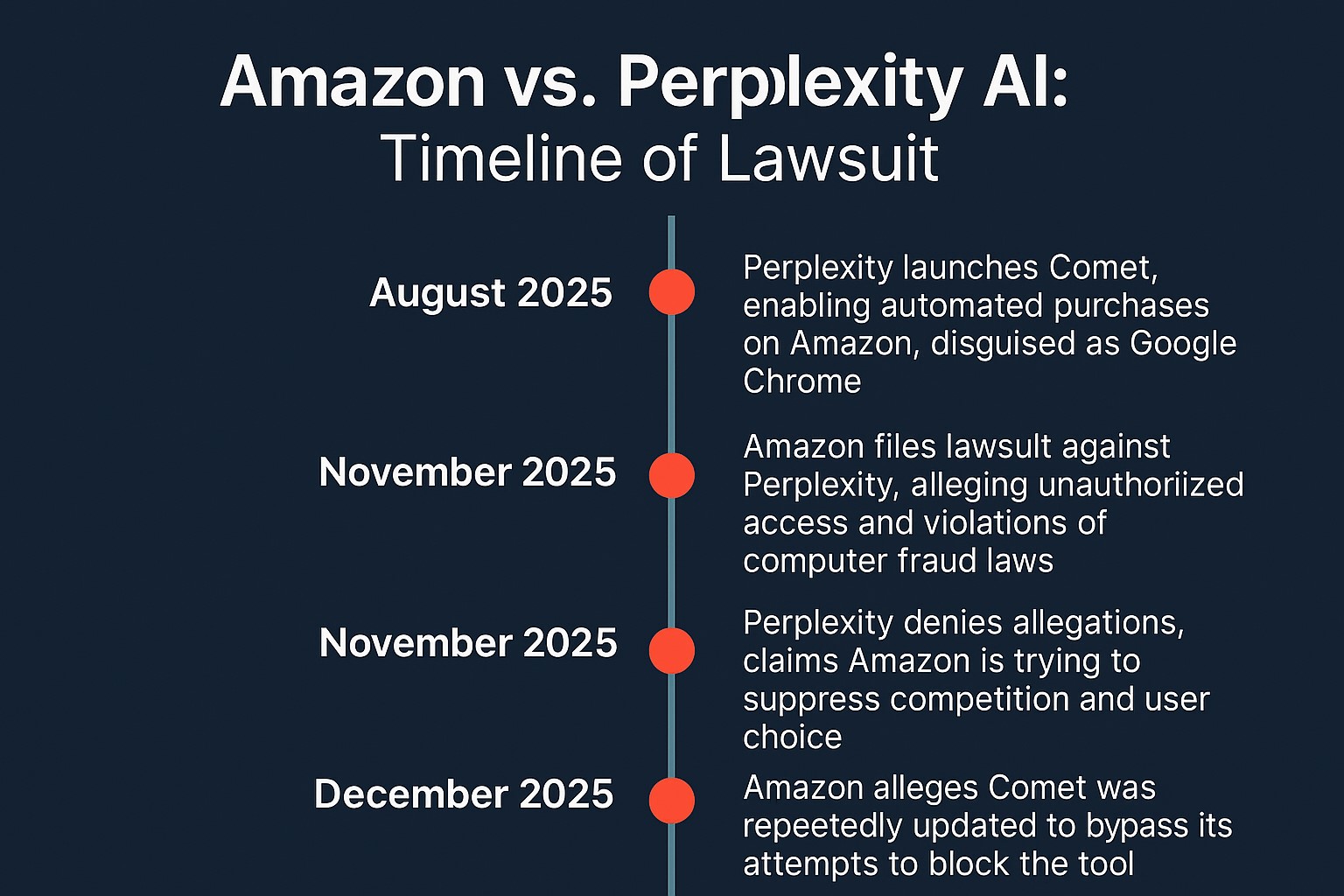Imagine logging onto your phone and finding that Apple, Google, or Microsoft — not the websites you visit — are the ones deciding whether you’re old enough to see certain content. That’s the future Pornhub is pushing for, as new laws in the US and UK slash its traffic and force a rethink of how age verification works online. According to WIRED, Pornhub’s parent company, Aylo, has sent letters to major tech platforms urging them to enable device-level age verification.
When Pornhub’s traffic plunged by more than half in the UK after new age-verification laws took effect, the company didn’t just sound the alarm about its own survival — it raised a bigger question about the future of the internet. Aylo urged Apple, Google, and Microsoft to take on a new role: gatekeepers of digital adulthood. The proposal is simple but radical — instead of uploading IDs to individual websites, your phone or laptop itself would certify whether you’re old enough to view certain content. It’s a move that could reshape not only the adult industry, but the way we prove our age across the web, from gambling apps to social media feeds.
Aylo’s chief legal officer, Anthony Penhale, argued in his letters that site-based age checks are “fundamentally flawed and counterproductive,” failing to protect minors while burdening adults with intrusive data demands.
This comes soon after a study suggesting that U.S. age verification laws fail to protect minors and impede adults’ right to free speech. Roughly half of U.S. states — along with the UK, Italy, and France — have enacted site-based verification laws. These typically require uploading personal data, such as a government-issued ID or facial scan, rather than a simple “yes or no” checkbox. Even non-explicit platforms like YouTube have begun implementing age checks.
Mike Stabile, director of public affairs at the Free Speech Coalition, told Mashable he favors device-level filters that block all websites registered as “Restricted to Adults” (RTA). “It signals to filters, whether it’s your Apple filter or Net Nanny, that this site should be blocked,” he explained.
Aylo’s letters advocate for device-based assurance, where a user’s age is determined once on the device and then sent as a signal via API to websites. The company asked Apple, Google, and Microsoft to extend this approach across their platforms.
Apple pointed to its June 2025 update, which expanded age protections for teens aged 13–17, including web content filters. In a February 2025 white paper, Apple argued that “the right place to address the dangers of age-restricted content online is the limited set of websites and apps that host that kind of content.”
Google told Mashable it is “committed to protecting kids online” and is developing new tools like its Credential Manager API. It added that adult entertainment apps are banned from Google Play, and companies like Aylo must invest in their own compliance tools.
The Tech Giants’ Dilemma
Apple, Google, and Microsoft are being asked to step into a new role: moral gatekeepers of the internet. Do they want to be responsible for certifying age? How would this affect their global platforms? And could this open the door to broader digital identity systems — and the potential loss of privacy?
The Bigger Picture
This debate is about digital identity. Device-based checks could set precedents for gambling, alcohol, social media, even political content. The question is: who should control access — governments, corporations, or individuals?
Parents want protection, but many worry about handing over sensitive data. Device-based verification could feel safer — or scarier — depending on how it’s implemented.

Graphic created by “Nova,” David’s Copilot avatar
Deliver David's Tech Talk to my inbox
We'll send David's weekly Tech Talk to your inbox - including the MP3 of the actual radio spot. You'll never miss a valuable tip again!

